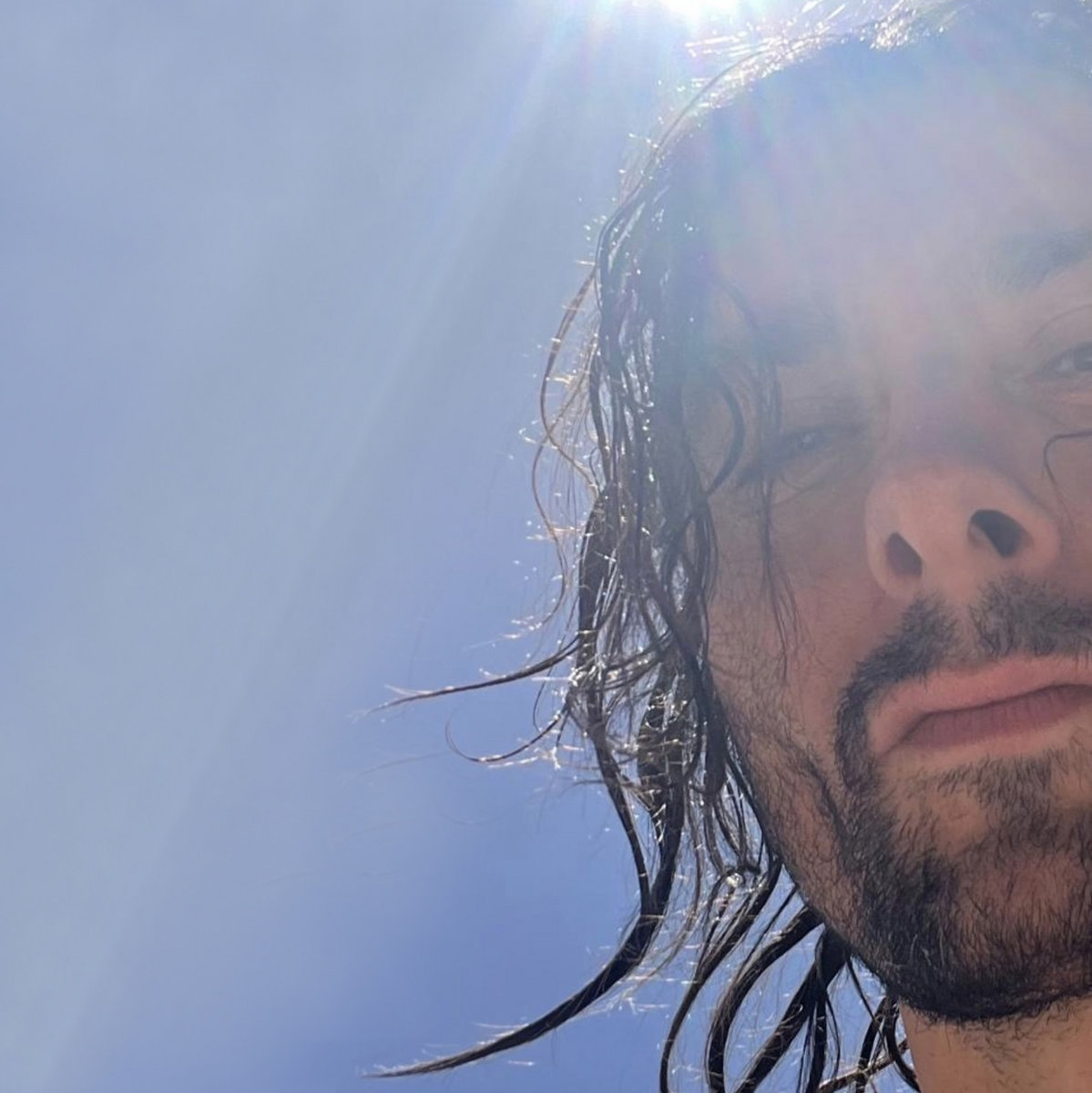Reducing Clipse to simple coke rappers is a grave mistake. Even if you called them the best at it, which they are, it would still be a simplistic assessment. The pair’s latest album, Let God Sort Em Out, carries the MCs far beyond the finite walls of that subgenre. Here, the brothers Thornton — Malice (Gene) and Pusha T (Terrence) — balance the contrasting weights of prayer and pain. Even if you’re not a believer, you can feel the potency of both manifestations of the human experience.
Let God Sort Em Out reflects the ephemerality of faith and the addictive call of sharing the vivid details of the lifestyle that got Clipse here in the first place. The brothers contemplate the benefits of baring their souls versus sticking to the street shit they know so well — thank God they choose to do both.
At the top of the album, on the John Legend-assisted “The Birds Don’t Sing,” the members of Clipse mourn the loss of their parents in deeply personal recollections. “Lost in emotion, Mama’s youngest/ Tryna navigate life without my compass,” Pusha T raps bitterly in the opening verse, recalling his difficulty processing his mother’s death in late 2021. “Some experience death and feel numbness/ But not me, I felt it all and couldn’t function.”
It feels like an anvil being lifted off of his chest — but only until his big brother Malice shares his own trauma around their father, who passed just months after their mother: “Your car was in the driveway, I knew you were home/ By the third knock, a chill ran through my bones/ The way you missed Mama, I guess I should have known/ Chivalry ain’t dead, you ain’t let her go alone.”
It’s a resigned album opener, one that sticks to your ribs long after Legend and accompanying gospel choir the Voices of Fire have sung their last notes. It’s also, despite the heaviness of the subject matter, a happy medium for Pusha T and Malice. At the start of the 2010s, a decade after Clipse crash-landed into the rap game with its sack full of coke bars, Malice grew weary and burnt out. After experiencing an intense crisis of purpose and faith, he changed his name to No Malice and attached himself to non-secular rap efforts. In 2019, the duo reunited for Ye’s “Use This Gospel,” a sonically and topically heavy-handed track that the brothers masterfully weaved through.
Ye was Pusha T’s longtime friend, boss, and prolific beatmaker — all in the extreme past-tense. Arriving after their falling out, Let God Sort Em Out is solely produced by Pharrell Williams, who has been a guiding overseer of Clipse’s aural vision since its origins. Pharrell’s soundscapes have a similar pulse to his previous creations for the duo, though then he was aided by his former Neptunes collaborator, Chad Hugo. This time around, Williams is manning the boards entirely on his own, his signature production style at times disjointed and dissonant (“Inglorious Bastards”), minimal and eccentric (“So Be It”), and utterly all-consuming (“Let God Sort Em Out / Chandeliers”).
Over Pharrell’s unpredictable, wide-open beats, the brothers wear their disdain for subpar rappers on their sleeves. On “Chains & Whips” with Kendrick Lamar, Clipse goes for the jugulars of inconsequential MCs. “You’d think it’d be valor amongst veterans,” Pusha T raps in a verse confirmed to be about Harlem’s Jim Jones. “I’m watching your fame escape relevance/ We all in the room, but here’s the elephant/ You chasing a feature out of your element.” Lamar, on the other hand, doesn’t directly address his years-long foe Drake here. But that didn’t stop Def Jam, and by extension K-Dot and Drake’s parent label UMG, from attempting to alter the Compton rapper’s verse or cut the song entirely. As shared in Frazier Tharpe’s sprawling GQ interview with the duo, after an impasse that stalled the album, Pusha T bought his way out of his solo deal with Def Jam, as well as Clipse as a group. They landed at JAY-Z’s Roc Nation, through which Let God Sort Em Out will hit stores and streaming services, in addition to their future endeavors.

 1 month ago
18
1 month ago
18


















 English (US) ·
English (US) ·